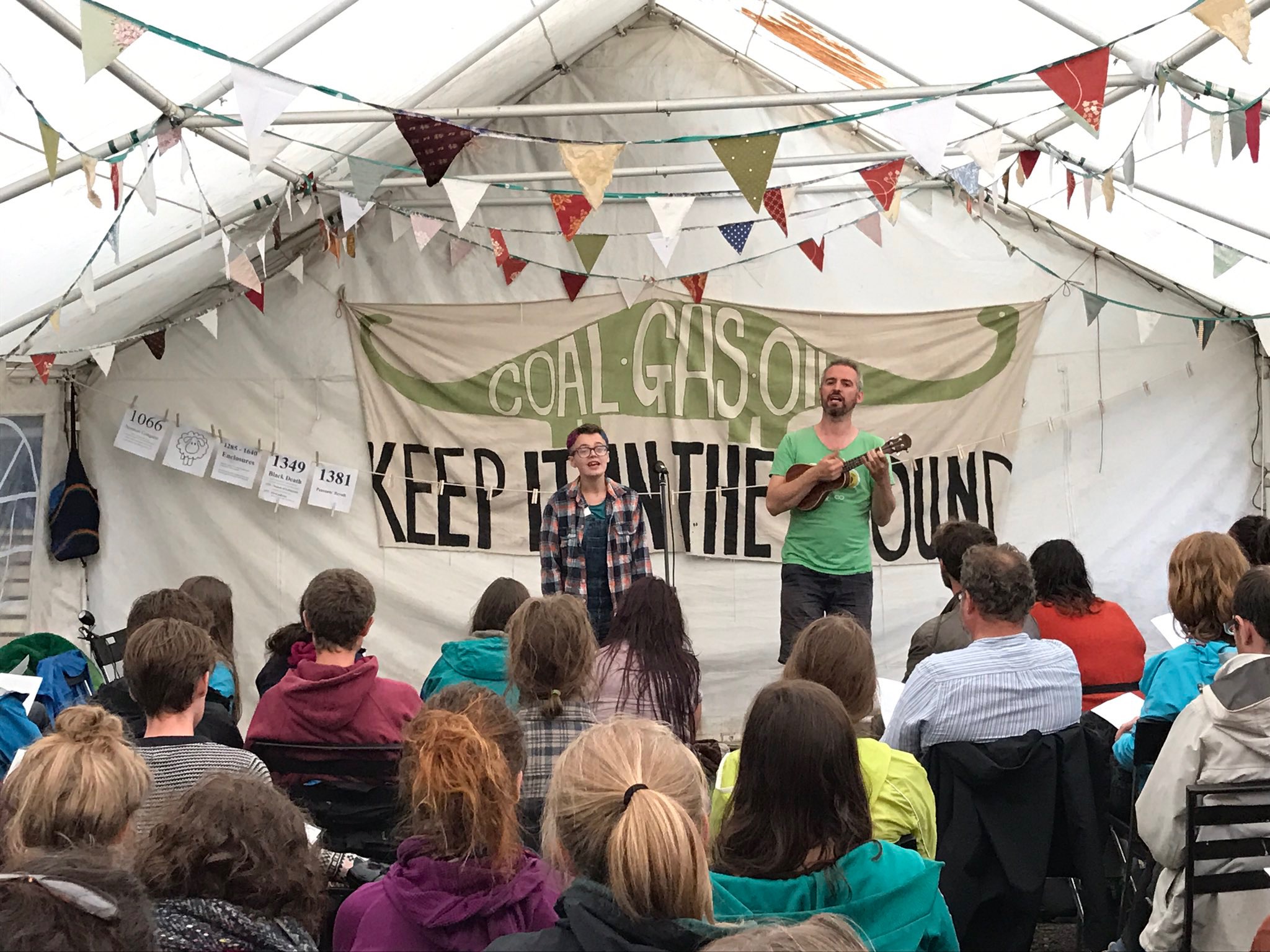Mo mhallachd aig na caoraich mhòr
My curse upon the great sheep
Càit a bheil clann nan daoine còir
Where now are the children of the kindly folk
Dhealaich rium nuair bha mi òg
Who parted from me when I was young
Mus robh Dùthaich ‘IcAoidh na fàsach?
Before Sutherland became a desert?
Tha trì fichead bliadhna ‘s a trì
It has been sixty-three years
On dh’fhàg mi Dùthaich ‘IcAoidh
Since I left Sutherland
Cait bheil gillean òg mo chrìdh’
Where are all my beloved young men
‘S na nìonagan cho bòidheach?
And all the girls that were so pretty?
Shellar, tha thu nist nad uaigh
Sellar, you are in your grave
Gaoir nam bantrach na do chluais
The wailing of your widows in your ears
Am milleadh rinn thu air an t-sluagh
The destruction you wrought upon the people
Ron uiridh ‘n d’ fhuair thu d’ leòr dheth?
Up until last year, have you had your fill of it?
Chiad Dhiùc Chataibh, led chuid foill
First Duke of Sutherland, with your deceit
‘S led chuid càirdeis do na Goill
And your consorting with the Lowlanders
Gum b’ ann an Iutharn’ bha do thoill
You deserve to be in Hell
Gum b’ fheàrr Iùdas làmh rium
I’d rather consort with Judas
Bhan-Diùc Chataibh, bheil thu ad dhìth
Duchess of Sutherland, where are you now?
Càit a bheil do ghùnan sìod?
Where are your silk gowns?
An do chùm iad thu bhon oillt ‘s bhon strì
Did they save you from the hatred and fury
Tha an diugh am measg nan clàraibh?
Which today permeates the press?
Mo mhallachd aig na caoraich mhòr
My curse upon the great sheep
Càit a bheil clann nan daoine còir
Where now are the children of the kindly folk
Dhealaich rium nuair bha mi òg
Who parted from me when I was young
Mus robh Dùthaich ‘IcAoidh na fàsach?







You must be logged in to post a comment.